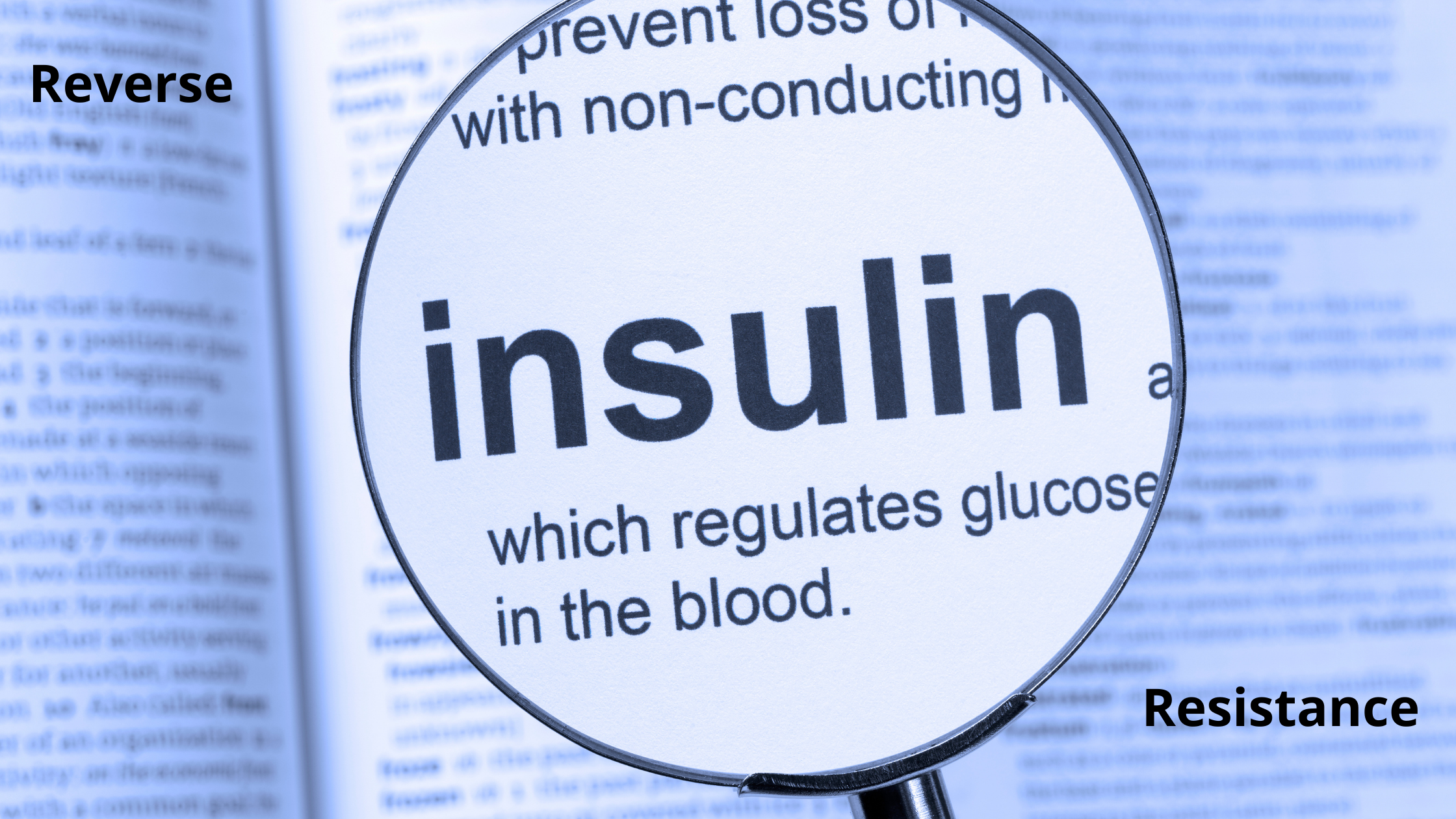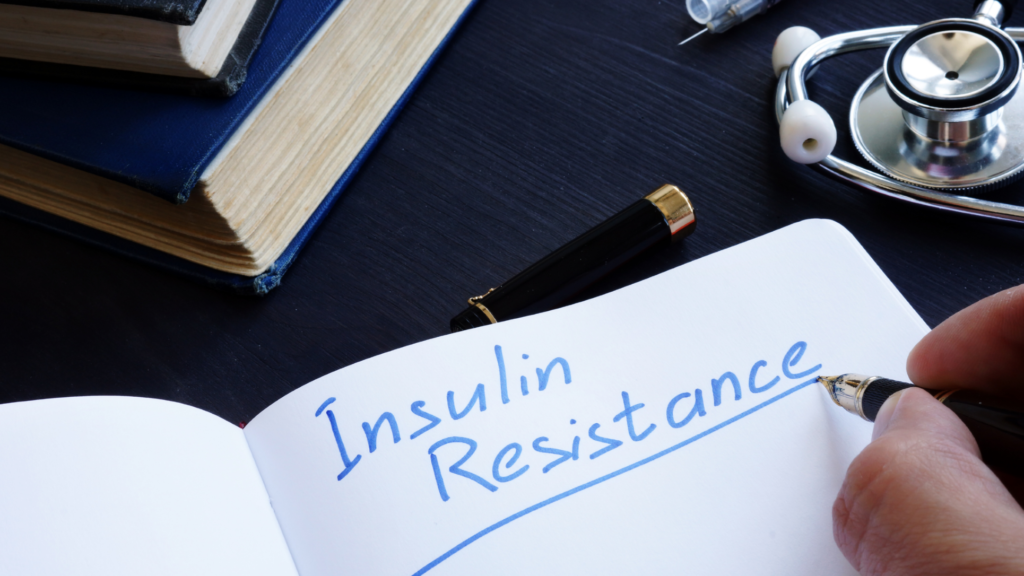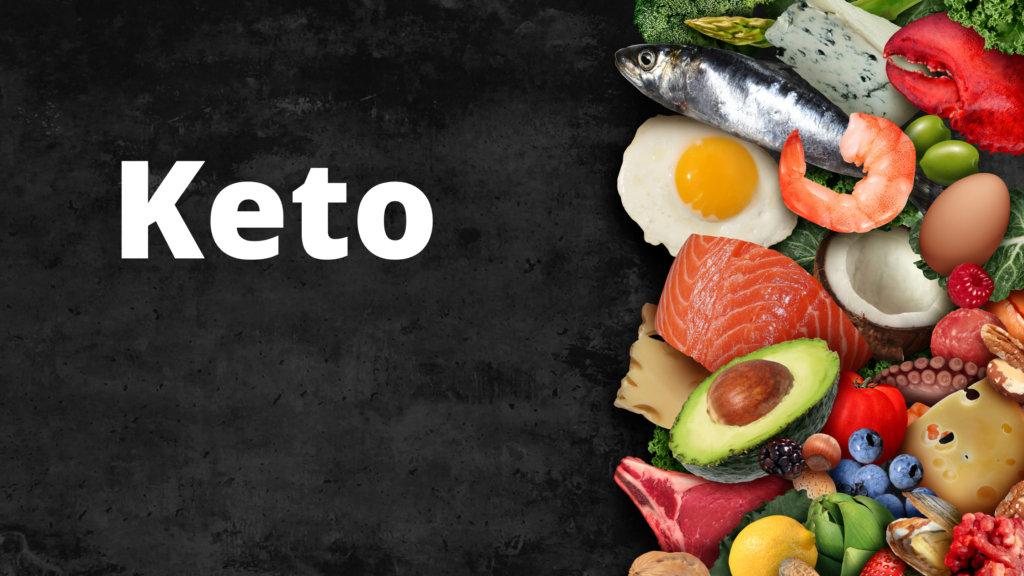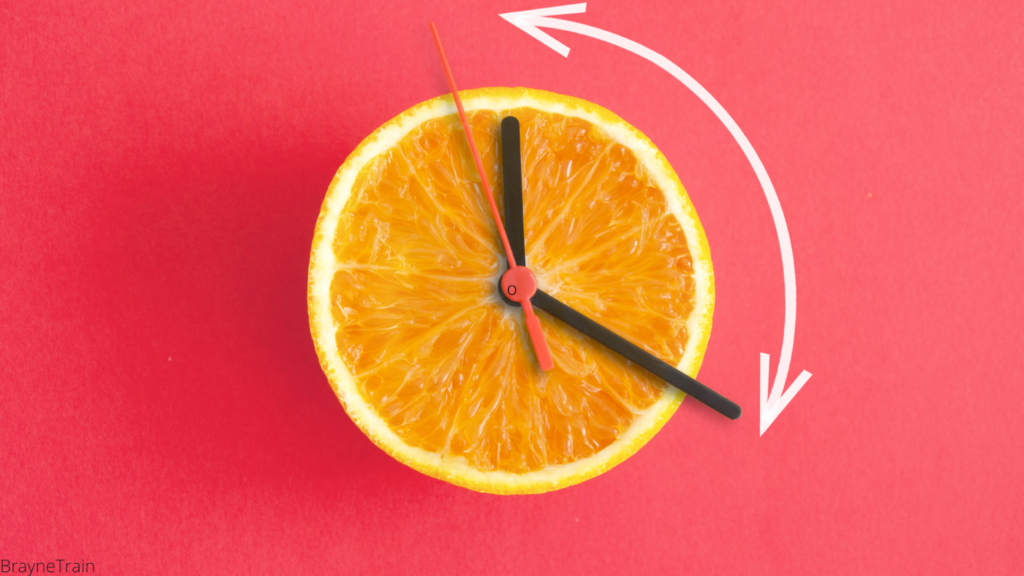
Insulin Resistance Diet; how to reverse insulin resistance.
Insulin is a hormone produced by the pancreas and its function is to uptake sugar from the blood system.
Overstimulation of insulin results in insulin resistance, which means the body stops responding to insulin.
Insulin resistance is a condition that affects many people and can lead to serious health conditions including obesity, and diabetes.
The best diet for reversing insulin resistance is a low carbohydrate diet such as the Keto or the Mediterranean diet, combined with intermittent fasting. A low-carb diet and intermittent fasting help lower insulin levels, stabilize blood sugar, and improve insulin sensitivity.
In this post, we will go over how you can reverse insulin resistance quickly and effectively, continue reading to find out more!
Table of Contents:
- What causes insulin resistance?
- Side effects of Insulin resistance.
- How do you reverse insulin resistance?
- Takeaway.

What causes Insulin Resistance?
Hyperinsulinemia is a medical condition that results from the presence of too much insulin in the blood.
Food Addiction & Binge Eating
This condition can happen for a variety of reasons, but one of the most common causes is the overstimulation of insulin from overeating carbohydrates and processed food.
Too much sugar and carb causes the pancreas to produce more and more insulin to try and keep the blood sugar levels under control.
However, over time, the pancreas can become overwhelmed and start to make too much insulin.
The body then stops responding to insulin, known as insulin resistance.
Genetics
Genetics could play a factor in insulin resistance.
Obesity
The most likely cause of insulin resistance is being overweight.
The fat accumulated in and around the body’s organs such as the liver interferes with the body’s response to insulin.
Food addiction and binge eating foods high in carbohydrates, sugar, and fructose often result in extra fat accumulation around the body organs—especially the liver and cause a condition known as Fatty Liver.
Individuals with an apple-shaped body who store weight around their waist are more likely to suffer from insulin resistance because of the accumulation of fat around the stomach, liver, and body organs.
To learn about Binge Eating and how you can stop the urge to binge click here.

Side Effects of Insulin Resistance:
Fatty Liver
One of the most common liver diseases is known as fatty liver.
Fatty liver occurs when excess fat is accumulated in the liver cells, which interferes with insulin response and causes insulin resistance.
PCOS
Insulin resistance is a significant cause of polycystic ovarian syndrome (PCOS) in women. PCOS can cause irregular and painful periods, acne, and weight gain.
Type 2 Diabetes
When the body becomes resistant to insulin, it can no longer effectively use glucose for energy.
As a result of insulin resistance, the blood sugar levels become very high and lead to serious health problems such as type 2 diabetes.

How do you reverse insulin resistance?
The Ketogenic Diet
The Keto diet lowers insulin levels, and stabilizes blood sugar, which leads to fat loss, and shrinkage of the fat cells accumulated in the liver.
Scientific studies have shown that the ketogenic diet is effective in reversing insulin resistance.
The ketogenic diet is a high-fat, low-carbohydrate, and moderate-protein meal plan that shifts the body’s metabolic state into ketosis.
In ketosis, the body switches its primary fuel source from sugar to fat and begins using its own fat for energy.
In addition to reversing insulin resistance, ketosis has many proven health benefits, including weight loss, lower blood sugar, improving PCOS symptoms, lower blood pressure, reversing diabetes, mental clarity, increased energy levels, and reduced appetite.

Intermittent Fasting
Intermittent fasting helps reverse insulin resistance by lowering insulin levels and also shrinking the fat cells in the liver and reversing fatty liver.
A study done by The Journal of Obesity found that alternate-day fasting can result in a more significant reduction in fasting insulin levels and insulin resistance compared to a calorie restriction diet.
Intermittent fasting is an eating plan that involves alternating between periods of fasting and periods of eating.
There are various forms of intermittent fasting, but the most common form is the 16:8, in which you fast for 16 hours and eat your meals in an 8 hour window.

Another popular Intermittent fasting is the OMAD. in OMAD, the individual fasts for 23 hours and eats one meal per day.
To find out more about OMAD click here.
Combining intermittent fasting and the Ketogenic diet is a powerful and scientifically proven tool to reverse insulin resistance.

Resistance Training
Resistance Training helps lower Insulin levels because it increases the utilization of glycogen, resulting in lower blood glucose.
A study showed that resistance training may be particularly effective at lowering insulin levels. The study compared the effects of different types of exercise on insulin levels in a group of overweight men.
While all types of exercise led to a decrease in insulin levels, resistance training was found to be the most effective.
The study participants who engaged in resistance training saw their insulin levels drop by an average of 21 percent.
Takeaway
If you think that you may be suffering from insulin resistance, and you want to get rid of it, do your research, consult with your doctor, and give the tips and tricks we provided you in this post a try. Eating a healthy low carbohydrate diet in addition to fasting and exercise are proven ways to reverse insulin resistance. Make sure to stay consistent and not give up, and you will see the pounds shedding off and your insulin back to normal in no time. Thank you for reading!
References
Yuan X, Wang J, Yang S, Gao M, Cao L, Li X, Hong D, Tian S, Sun C. Effect of the ketogenic diet on glycemic control, insulin resistance, and lipid metabolism in patients with T2DM: a systematic review and meta-analysis. Nutr Diabetes. 2020 Nov 30;10(1):38. doi: 10.1038/s41387-020-00142-z. PMID: 33257645; PMCID: PMC7705738.
Gabel K, Kroeger CM, Trepanowski JF, Hoddy KK, Cienfuegos S, Kalam F, Varady KA. Differential Effects of Alternate-Day Fasting Versus Daily Calorie Restriction on Insulin Resistance. Obesity (Silver Spring). 2019 Sep;27(9):1443-1450. doi: 10.1002/oby.22564. Epub 2019 Jul 22. PMID: 31328895; PMCID: PMC7138754.
Rohner M, Heiz R, Feldhaus S, Bornstein SR. Hepatic-Metabolite-Based Intermittent Fasting Enables a Sustained Reduction in Insulin Resistance in Type 2 Diabetes and Metabolic Syndrome. Horm Metab Res. 2021 Aug;53(8):529-540. doi: 10.1055/a-1510-8896. Epub 2021 Jun 30. PMID: 34192792; PMCID: PMC8360708.
Kido K, Ato S, Yokokawa T, Sato K, Fujita S. Resistance training recovers attenuated APPL1 expression and improves insulin-induced Akt signal activation in skeletal muscle of type 2 diabetic rats. Am J Physiol Endocrinol Metab. 2018 Jun 1;314(6):E564-E571. doi: 10.1152/ajpendo.00362.2017. Epub 2018 Feb 6. PMID: 29406784.




